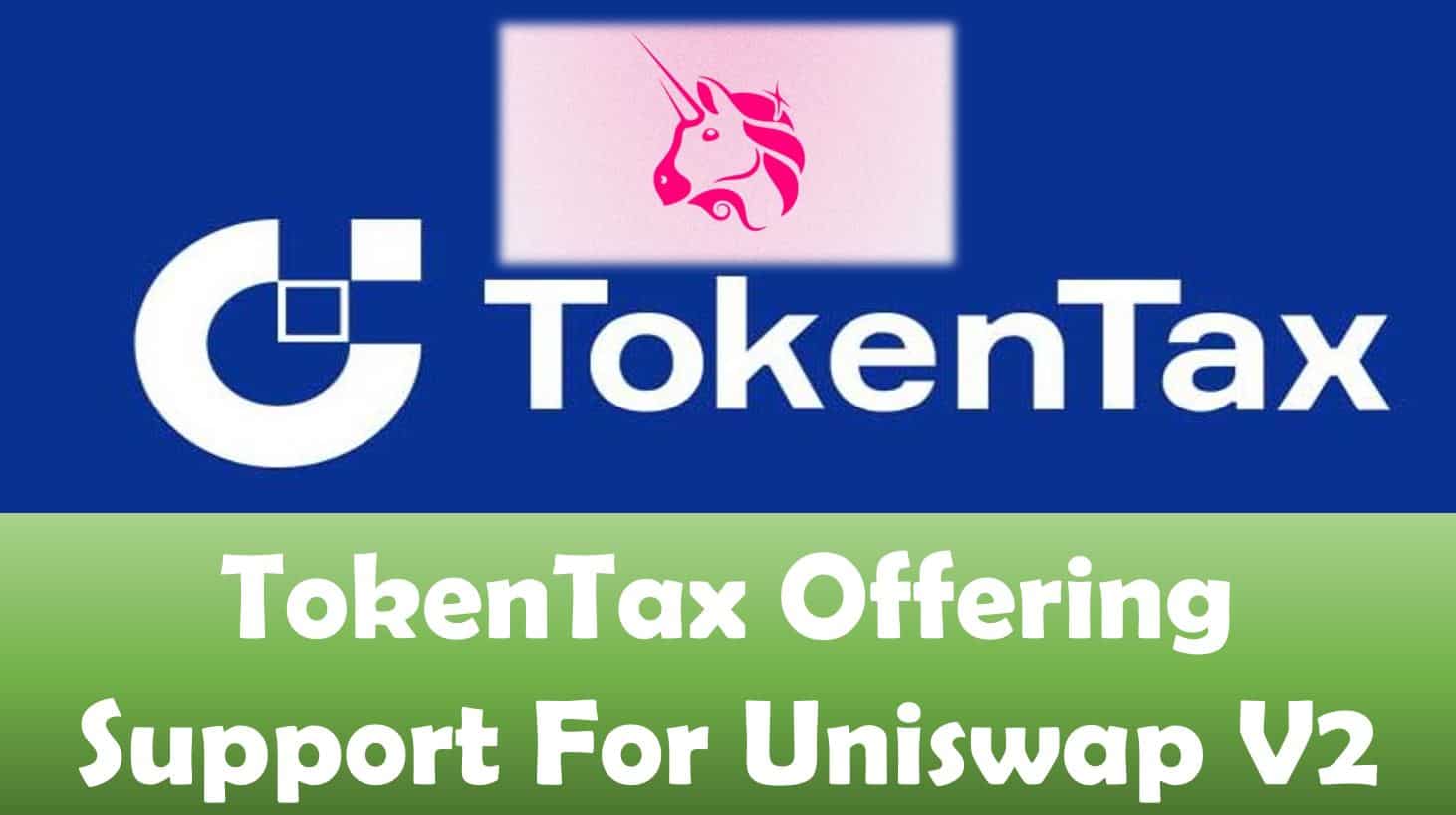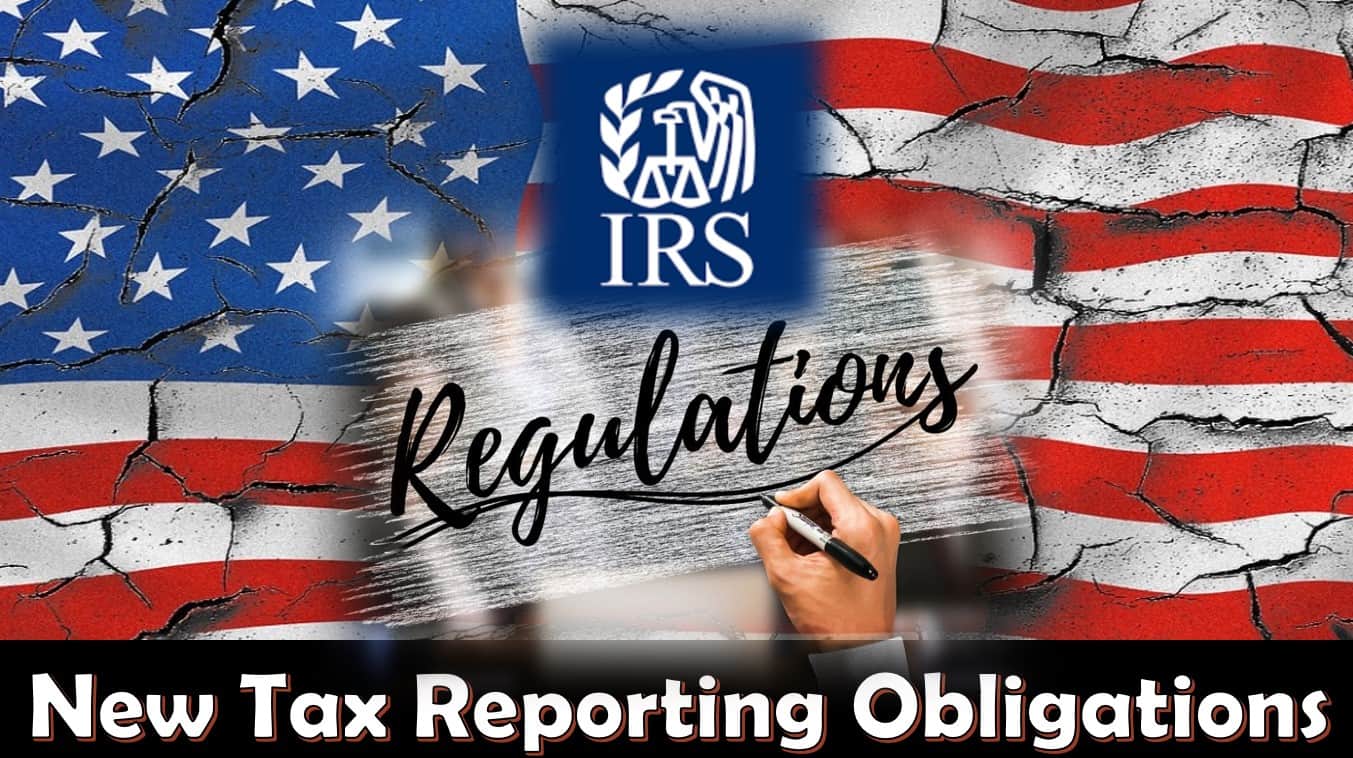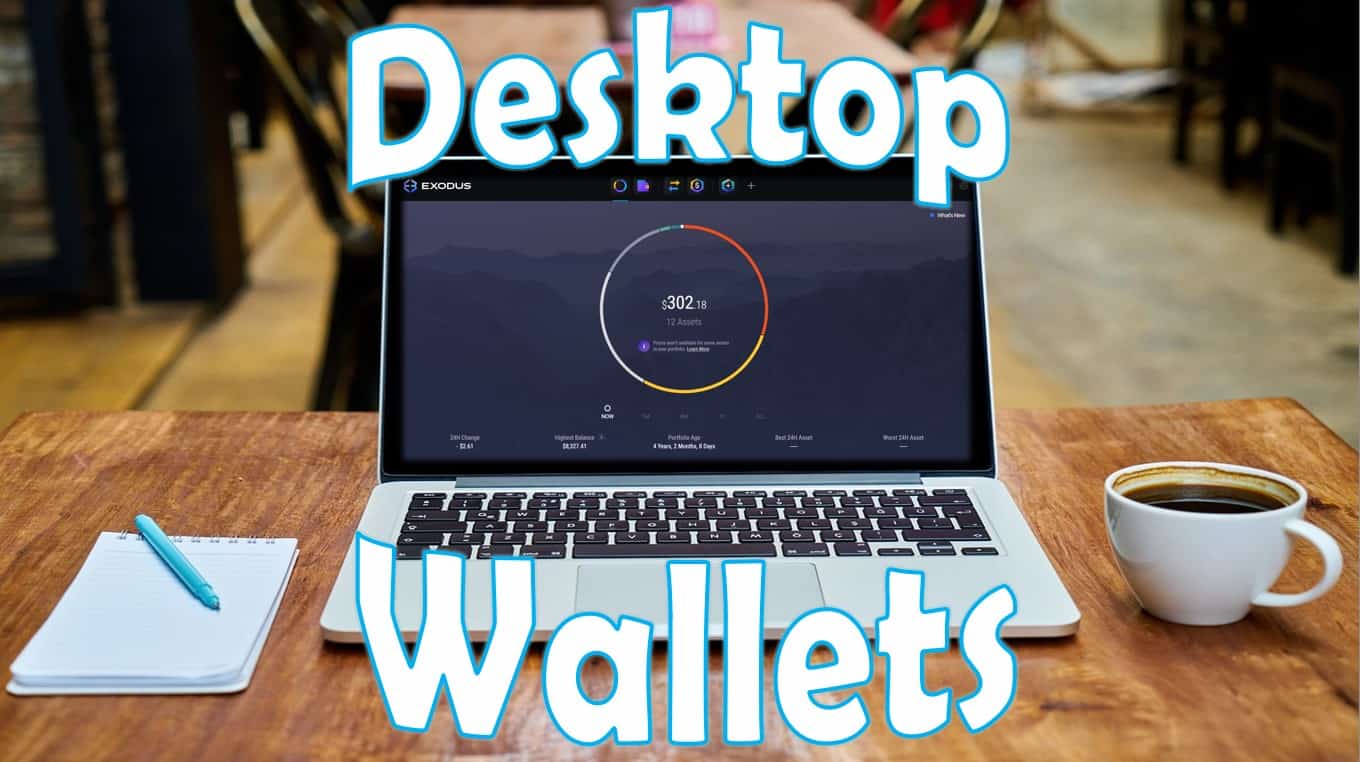
TokenTax Offering Support For Uniswap V2
Last updated on December 7th, 2022 at 08:48 pm
If you live in the U.S. cryptocurrency taxes can be confusing to say the least… and frankly, not paying your taxes is just not an option.
Given this need, there are several different companies that have sprung up to help fill the gap for this increasing need.
A crypto tax provider that helps users to file taxes TokenTax is now supporting Uniswap V2 on its platform. With this integration, users are now able to link up their Ethereum (ETH) addresses to get their Uniswap V1 and V2 transactions imported automatically to their TokenTax accounts.
TokenTax also revealed it will be supporting 2-factor decentralized finance (DeFi) protocols.
This development is coming shortly after the U.S. Internal Revenue Service sent a series of letters to cryptocurrency exchanges to verify whether suspected crypto holders are reporting their transactions correctly.
DeFi taxes in particular and crypto taxes in general, are somehow complex to include in taxation since it’s difficult to download transaction histories and determine what is taxable and what is not. But TokenTax is helping cryptocurrency investors facilitate the process.
TokenTax Competing With CoinTracker
TokenTrack is not the only crypto tax provider in the industry as it is competing with a much older rival CoinTracker, which offers support for several DeFi products such as Uniswap.
However, there is no available information that shows Uniswap V2 software is integrated into the CoinTracker software. It also added flash swaps and more manipulation-resilient price, which was not available with the first Uniswap protocol.
Popularity of Decentralized Finance (DeFi)
Decentralized Finance is a quickly expanding crypto field that enables users and crypto holders to easily access financial services such as lending, borrowing and trading, without additional prices incurred from middlemen.
DeFi also makes use of liquidity pools and automated market-making (AMM) to effectively provide decentralized trading.
As it stands, Ethereum is the most popular crypto for DeFi, although several other platforms are increasingly gaining popularity as well.
Uniswap is a DeFi protocol that was rolled out two years ago. The protocol enables users to swap Ethereum-based assets and automatically provides liquidity pools on Ethereum contracts.
Uniswap V2 User Options
The Uniswap protocol provides more simplicity for decentralized trading. Users are free to set up trading pairs and send their crypto to the liquidity pools in Uniswap.
Users can swap tokens by easily choosing the token they intend to exchange and the tokens they intend to keep via the Uniswap platform. Users can also get payments in any cryptocurrency by swapping or sending tokens to any wallet.
They can also add new trade pairs and the right liquidity pool on the Uniswap platform if one of the tokens doesn’t have a liquidity pool.
The main benefit of the first Uniswap protocol is to provide the medium for trustless token swaps, making sure that all transactions executed from smart contracts do not need intermediaries. This makes transactions faster and more efficient.
But the Uniswap V2, which is the second iteration on the Ethereum Mainnet, will provide additional features and benefits. Its launch in May of this year coincided with the core contract v1.0.1 release. This came after a series of tests have been conducted on its efficacy.
The Uniswap V2 protocol has been utilized on the Ethereum server for two months now without any issues or breakages to question the integrity of the smart contracts.
Although the Uniswap service can be integrated into DApp or third party wallets, it can also exist as a standalone service.
Disclaimer
The information provided here is for INFORMATIONAL & EDUCATIONAL PURPOSES ONLY!
View our complete disclaimer on our Disclaimer Page







